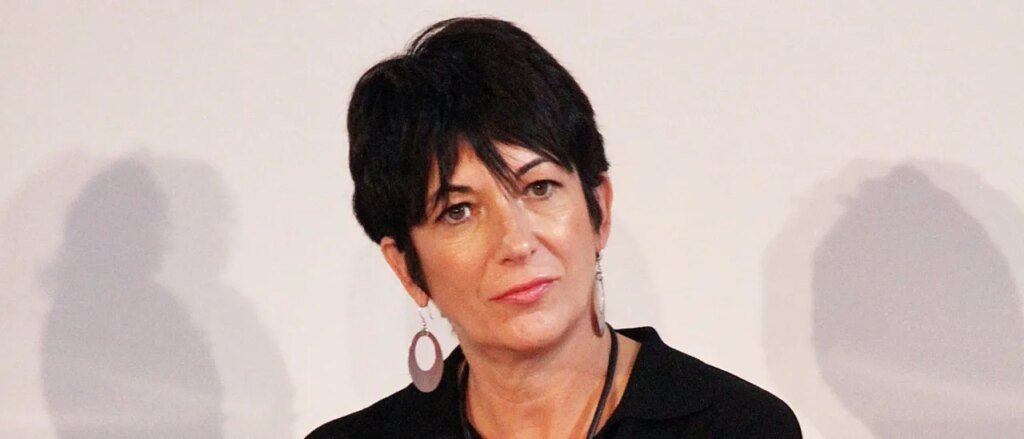Ghislaine Maxwell’s Situation Under Scrutiny
Almost three years after her sentencing to 20 years for her involvement in Jeffrey Epstein’s sex trafficking operation, Ghislaine Maxwell is back in the news. She was found guilty on five of six charges related to recruiting a minor girl for Epstein in December 2021.
Recently, a two-page release from the Department of Justice (DOJ) and the Federal Bureau of Investigation (FBI) stated there is no evidence of a “client list” belonging to Epstein or any foul play regarding his death. This announcement returned Maxwell’s name to public attention, particularly after years of speculation surrounding Epstein’s death.
Associate Attorney General Todd Blanche indicated that he would meet with Maxwell to probe her involvement in the Epstein case on July 22. Following this, on July 25, her lawyer, David Oscar Marx, disclosed that Maxwell had undergone an extensive two-day interview where she addressed inquiries regarding nearly 100 people connected to Epstein.
During her session with Blanche, Maxwell reportedly stated that Trump had never behaved inappropriately in her presence. As per current reports, three officials from the Trump administration are considering whether to release a full transcript of this interview.
Notably, just a week after her conversation with the DOJ, Maxwell was quietly relocated from a minimum-security women’s prison in Florida, known as the Federal Correctional Facility (FCI) Tallahassee, to another minimum-security facility in Texas, which has sparked some speculation. However, an official reason for the transfer has not been released.
Media personality Megyn Kelly shared her thoughts on the situation, describing it as “annoying.” She emphasized Maxwell’s status as a convicted sex trafficker and questioned the reliability of her testimony, suggesting that her motivations may not be trustworthy given her time in prison. Kelly suggested that the circumstances of Maxwell’s interview feel problematic.
Meanwhile, journalist Mark Halperin reflected on the confusion surrounding Maxwell’s transfer, noting the history of unorthodox conduct in government interactions with Epstein and Maxwell, raising eyebrows about transparency.
On July 18, the DOJ had formally petitioned a federal judge to obtain testimony from a large grand jury related to Maxwell and Epstein’s prosecution. Maxwell’s team opposed this on July 28, arguing that the release could infringe on her legal rights and that she had not been provided access to review the transcript of her interview.
Amid these developments, President Donald Trump was quoted expressing that he had the power to pardon Maxwell but that no one had approached him about it. The legal landscape continued to evolve, with a federal judge calling for clarification from the Trump administration regarding the potential release of grand jury testimony.
In the meantime, members of Congress also expressed interest in Maxwell’s testimony. The House Oversight Committee scheduled a deposition for her on August 11 but had to postpone it at her attorney’s request.
Maxwell’s legal team has put forth several conditions for her potential Congressional testimony, including immunity and advance access to questions. The committee has, however, indicated that granting her immunity is not on the table.
This ongoing saga surrounding Maxwell’s case raises several unanswered questions about the interactions between powerful figures and the legal system and reflects broader issues regarding transparency and accountability. As events unfold, many are left wondering what the next steps will be for Maxwell and for the investigations into Epstein’s extensive network.







